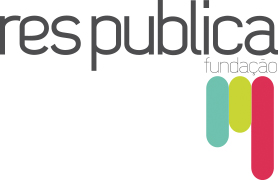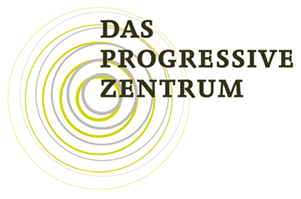
next global
Publication
Walking the strategic talk: A progressive EU foreign policy agenda for the future
May 07, 2019Author: Nicoletta Pirozzi, Vassilis Ntousas
For years, the pace and extensity of external change outstripped the steps that were taken towards enhancing and strengthening the EU’s capacity to respond effectively to the (f)actors affecting its principles and interests. The EU’s external action all too often proved despondent, fragmented and out-of-sync with the realities that Europe was facing. The unveiling of the EU Global Strategy (EUGS) in 2016 by Federica Mogherini, the Union’s High Representative, constituted a tremendously significant effort to rectify this.
Now, following three years of the Strategy’s implementation, and ahead of the 2019 institutional renewal of the EU, the areas of both substantial progress and considerable disappointment when assessing the performance of the EU’s external action under the influence of the EUGS are becoming clearer.
As we look towards the next qualitative leap the Union needs to make to respond to a world that has become more tumultuous, a new report by Vassilis Ntousas, Senior International Relations Policy Advisor at the Foundation for European Progressive Studies (FEPS), and Nicoletta Pirozzi, Head of the European Union programme and Institutional Relations Manager at Istituto Affari Internazionali (IAI) draws from and expands on the findings of a year-long research project to offer some insights in three key areas:
- Outlining some of the critical insecurity trends that have negatively impacted the EU’s capacity to navigate through the emerging realities of diversified threats and multiplying conflicts, both within and beyond European borders;
- Briefly taking stock of some of the EU Global Strategy’s greatest achievements and limitations in promoting a Europe that stands, speaks and acts together in its foreign policy; and
- Providing concrete recommendations in 10 critical areas where the Union needs to walk the strategic talk embodied in the Global Strategy – more boldly, with more unity and towards a more progressive direction.
These recommendations delineate a progressive to-do list enabling the EU to transform itself from a regional actor in search of a global reach, to a global actor enjoying the confidence, coherence, capability and ambition the Union needs and deserves.
These recommendations are:
1. Adding flexibility into a coherent foreign policy mix
2. Balancing strategic autonomy and global agency
3. Transforming, not just defending, multilateralism
4. Relaunching peacebuilding
5. Getting the European defence architecture right
6. Financing our ambition
7. De-securitising and managing migration
8. Elevating Africa from a neighbour to a true partner
9. Preserving the legacy of the EU Global Strategy
10. Strengthening the European project
related publications
-
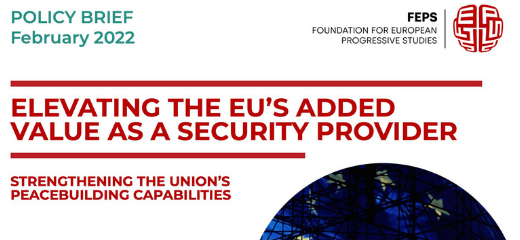
Elevating the EU’s added value as a security provider
read more -
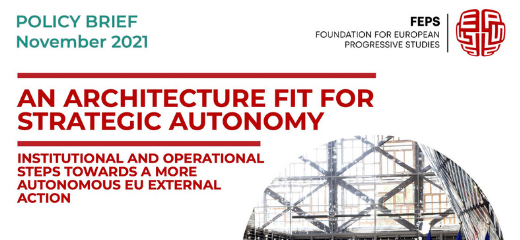
An Architecture fit for Strategic Autonomy
read more -

Fostering a new security architecture in the Middle East
read more -

Defend, Engage, Maximise: A progressive agenda for EU–China relations
read more -

EU - Turkey Relations: Mapping landmines and exploring alternative pathways
read more -
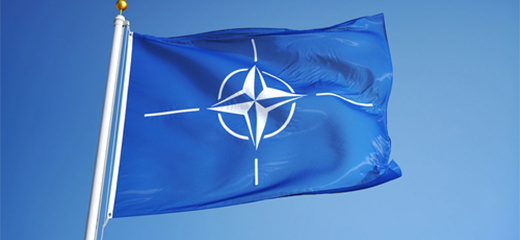
The relationship between CSDP and NATO after Brexit and the EU Global Strategy
read more

























